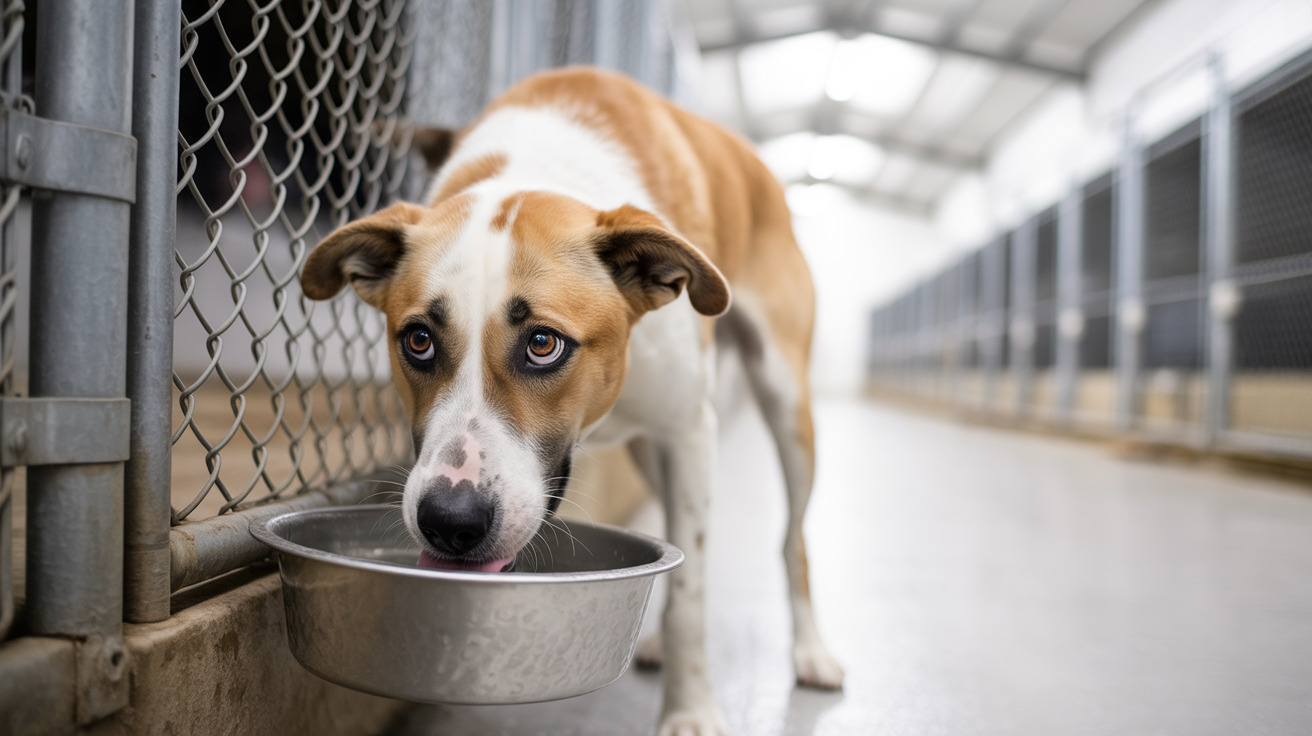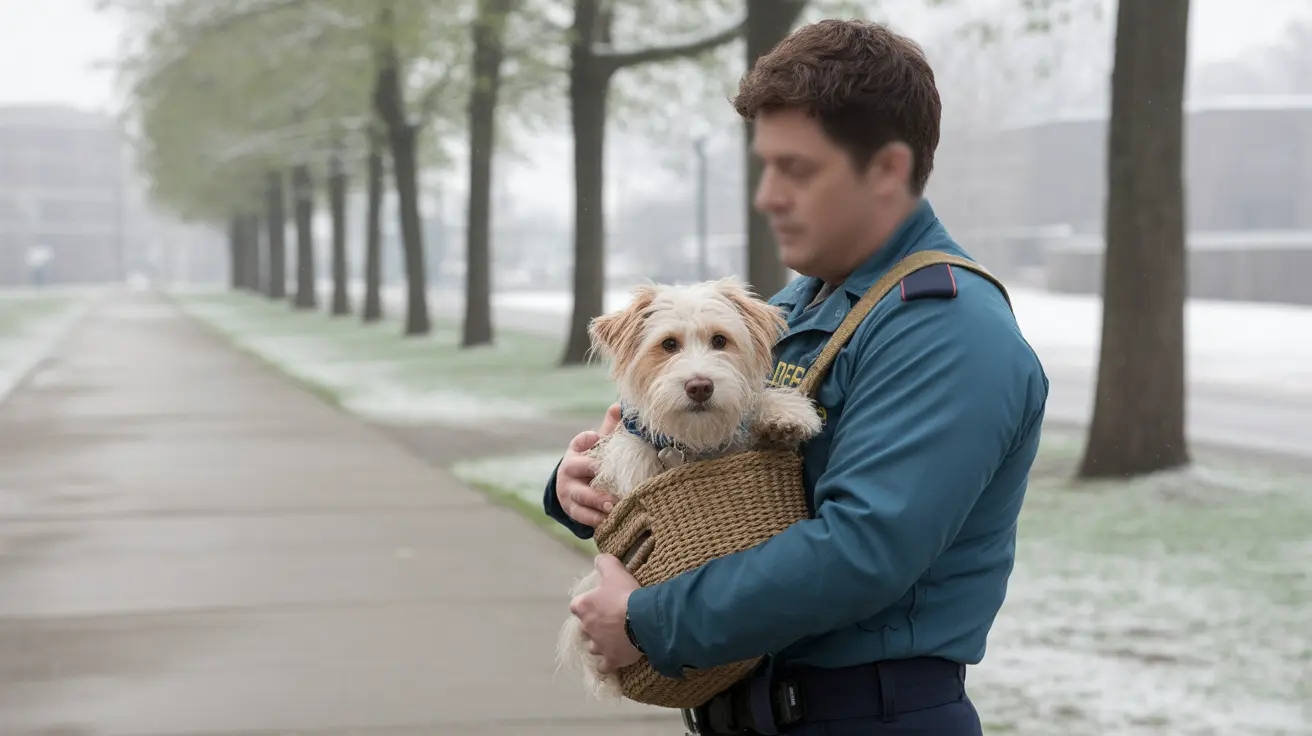Can Dogs Eat Hot Dogs? What Every Dog Owner Should Know
Hot dogs are a popular snack for many people, but should dogs eat hot dogs? Although your pup may look at your plate longingly, it’s important to understand the ingredients and potential health risks before sharing this processed food with your canine friend. This article explores the reasons why hot dogs are not suitable for dogs and offers safer alternatives.
1. What's in a Hot Dog?
Hot dogs are typically made of ground meat—beef, chicken, pork, or a combination—along with preservatives, spices, and additives. While meat on its own can be part of a balanced canine diet, the way it's processed in hot dogs makes these treats less than ideal for dogs.
- High sodium content: Hot dogs can contain as much as 500 mg of sodium per link, far exceeding safe limits for dogs.
- Preservatives: Ingredients like nitrates and nitrites are used to extend shelf life but have been linked to health issues.
- Flavorings and spices: Onion powder, garlic powder, and paprika are common and toxic to dogs.
- Artificial sweeteners: Some low-fat or sugar-free versions contain xylitol, which is highly toxic to dogs.
2. The Dangers of Sodium and Additives
Dogs are far more sensitive to sodium than humans. Too much salt can result in:
- Excessive thirst or urination
- Vomiting or diarrhea
- Bloating
- Neurological issues such as tremors or seizures
In severe cases, salt toxicity from processed foods like hot dogs can be fatal—especially for smaller breeds or dogs with existing health conditions such as heart or kidney disease.
3. Hidden Dangers: Toxic Seasonings
Hot dogs often contain onion and garlic powder, which can damage a dog's red blood cells and lead to anemia. Even small quantities consumed over time can have cumulative effects, particularly in smaller or more sensitive dogs.
4. Fat and Caloric Concerns
In addition to sodium, hot dogs are high in saturated fats. Feeding dogs fatty foods regularly can contribute to:
- Obesity
- Pancreatitis (inflammation of the pancreas)
- Digestive upset such as bloating, gas, and diarrhea
5. Choking Hazard
Even if the ingredients weren’t problematic, the dense texture of a hot dog poses a choking risk, especially in smaller dogs or those who don’t chew their food thoroughly. Hot dogs should never be given whole and always be cut into small pieces if offered at all.
6. When Is It Ever Okay?
If you’re in a pinch and need a high-value treat—for example, during training or as a reward—a very small piece of plain, unsalted hot dog may be acceptable for a healthy dog. However, this should be:
- A rare occurrence
- Free of harmful seasonings or additives
- Balanced with overall diet to avoid excess fat/calories
Still, even then, there are better options.
7. Safe Alternatives to Hot Dogs
There are many dog-safe alternatives for treats that don’t carry the same health risks as hot dogs:
- Plain cooked chicken or turkey (no bones or seasoning)
- Raw vegetables like carrots, cucumbers, or green beans
- Fruits like apple slices (no seeds) or blueberries
- Commercial dog treats formulated specifically for canine nutrition
These alternatives are safer and allow you to reward your dog without the risks associated with processed human foods.
8. What to Do If Your Dog Eats a Hot Dog
If your dog accidentally eats a hot dog, monitor them for any signs of gastrointestinal distress or behavioral changes. Watch for:
- Vomiting or diarrhea
- Excessive thirst or lethargy
- Tremors or incoordination
- Loss of appetite
If any symptoms arise or if your dog consumed multiple hot dogs—or has known health conditions—it’s best to contact a veterinarian promptly. Do not attempt to induce vomiting without professional guidance, as this can cause further complications.
9. Final Verdict
While a small bite of hot dog might not harm a healthy dog immediately, the overall risks significantly outweigh any potential benefit. Hot dogs should not be a regular or intentional part of your dog’s diet. Instead, choose safer, nutrient-dense treats that support your pet's long-term health and happiness.
10. Quick Tips for Pet Owners
- Avoid processed human foods for dogs
- Check all ingredient labels before sharing food
- Consult a veterinarian before introducing new treats
- Keep toxic foods like onions, garlic, and xylitol far away from pets
Being a responsible pet owner means understanding not just what’s safe, but what’s healthiest. When in doubt, stick with treats designed for dogs and provide a balanced, vet-approved diet tailored to your pup’s specific needs.





